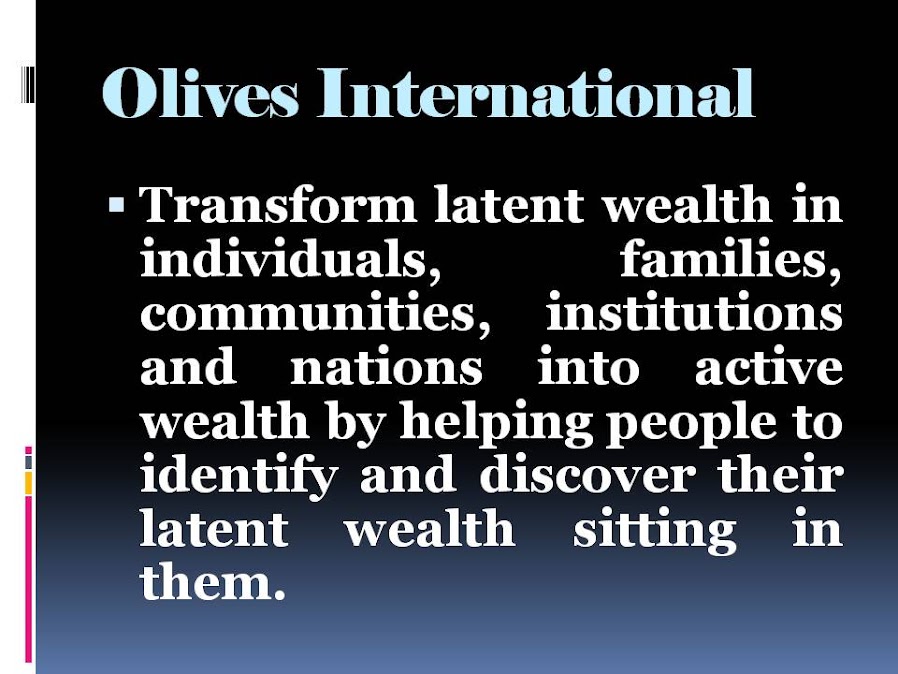Written by Uyoyou Christiana Charles-Iyoha
Even trees, especially food bearing trees such as fruit trees were not to be cut down during sieges and wars because such trees bear what should serve as food for man “the tree of the field is man’s food. They should therefore not be wasted for building siege works. Zero waste in the management of food resources, the source of the food producing plant or tree should not be destroyed. Please read Deuteronomy Chapter 20 verses 19 to 20.
God killed Onan for wasting life producing see meant to raise an heir to his brother Er. Please read Genesis Chapter 38 verses 1 to 10. There was no point emitting seed that should give life on the ground. This implies that seed should not be wasted no matter what. If he had no intention of raising an heir to his brother, then he should not have gone into his brother’s wife to emit seed at all, not to talk of emitting seed designed to raise an heir on the ground.
Beloved, the case of the man described in the parable of talents as the wicked lazy servant in the Bible (Matthew Chapter 25 verses 14 to 30) also illustrates the principle of zero waste. Talents, money, resources should always be traded to multiply, compound and bless humanity. The master of the three servants gave them talents according to their abilities. While the first two servants who received the most talents invested time in investing their resources for a profit irrespective of the supposed hard nature of their master who reaped where he did not sow; that is going by the account and lame excuse given by the wicked lazy servant in verses 24 to 25; the wicked lazy servant did not bother to do anything with his one talent. He did not even consider investing the one talent for himself or on himself. He had the least ability; received the least talent which could have been multiplied and compounded if he made the least attempt, invested the least time to invest the talent. At least, he would have done something to avoid zero waste even if it meant doing it for himself and not his supposed hard opportunistic master. Instead, he took the trouble to dig he ground and hid the talent there, unprofitable labor which did not ring blessings to anyone. What a shame, what a waste! Say, which is easier, digging the ground to hide the talent or investing the talent?
Beloved, it is my prayer for you and for me that we will not be like the wicked lazy servant. Rather, God by His Spirit will empower us to invest time in trading His divine deposits in us profitably to bless humanity so that we are also enlarged and enriched in the process to the glory of His Holy Name in the mighty name of Jesus Christ.
Contrary to the description of the master given by the wicked lazy servant, the master was generous. He rewarded and blessed the two faithful servants. Their capacities to further bless humanity were expanded and enlarged beyond their wildest imagination. The two faithful servants had the right mindset, the right attitude to investing their talents. They were more concerned about investing their talents than about the character of their master, the people and environment they were investing in. their priority was prime and prompt obedience to their master who blessed them with the talents and commanded them to invest the talents. That explains why their master referred to them as faithful servants; servants who were committed to obeying their master and doing what their master requested of them.




